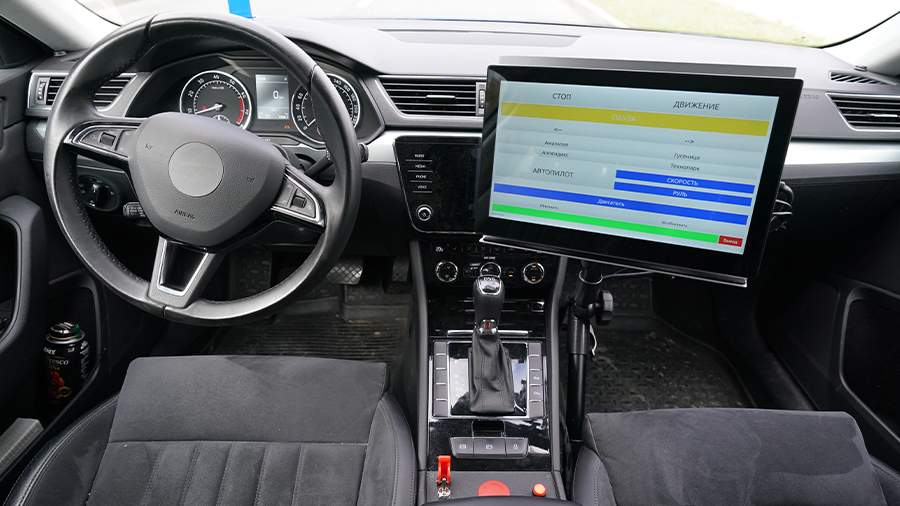Analysts predicted the transition of more than 80% of cars in Russia to unmanned vehicles
- Новости
- Auto
- Analysts predicted the transition of more than 80% of cars in Russia to unmanned vehicles

More than 80% of cars in Russia may become unmanned by 2042. Such conclusions are contained in a study by Yakov & Partners, which was reviewed by Izvestia on February 4.
The company's analysts studied the current situation and assessed the future development of autonomous transportation in the Russian Federation.
"According to the results of the study "Robot behind the wheel: prospects of transition to unmanned cars in Russia", already in ten years more than a quarter of cars on Russian roads will be unmanned. Moreover, by 2042, the share of autonomous vehicles will reach 80%. This state of affairs will not only change the usual appearance of traffic on the country's highways, but will also make a significant contribution to the economy," the text reads.
The study shows that the transition to unmanned technologies will take place in stages. First, autonomous solutions will be deployed in predictable and isolated environments such as warehouses and logistics centers. Then the technology will be extended to long-distance logistics, and after that to urban transport and mass transportation.
Maxim Bolotskikh, a partner at Yakov & Partners, explained to Izvestia that with the development of drones, it is road transport that should take the leading position. At the same time, the overall positive effect for the Russian economy when switching to them is estimated at 4.6 trillion rubles annually.
"This amount does not take into account the potential effects of stimulating related high-tech industries, such as sensorics, electronics and software. Achieving such results is possible only with thoughtful legal regulation in the industry, stimulating private investment in autonomous transportation technologies and creating smart infrastructure, which will require about 1.5 trillion rubles until 2035," he said.
According to experts, the transition to unmanned vehicles will reduce the accident rate (about 88% of accidents occur due to human error), and will also open new opportunities for people who can not drive for health or other reasons.
Earlier, on January 30, it was reported that the Ministry of Transport of the Russian Federation began preparations for certification of unmanned vehicles. It was specified that the agency has prepared a draft of relevant amendments to the "concept of ensuring road safety with the participation of unmanned vehicles on the roads".
Переведено сервисом «Яндекс Переводчик»
